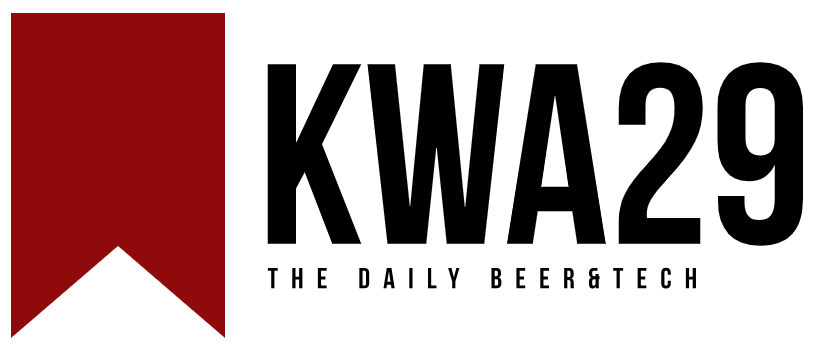Holy sh*t, I turned 40 years…
2020 is a crazy year for me, my family, my loved ones, my teammates, everyone. It is not yet finished that it outperforms all the other…
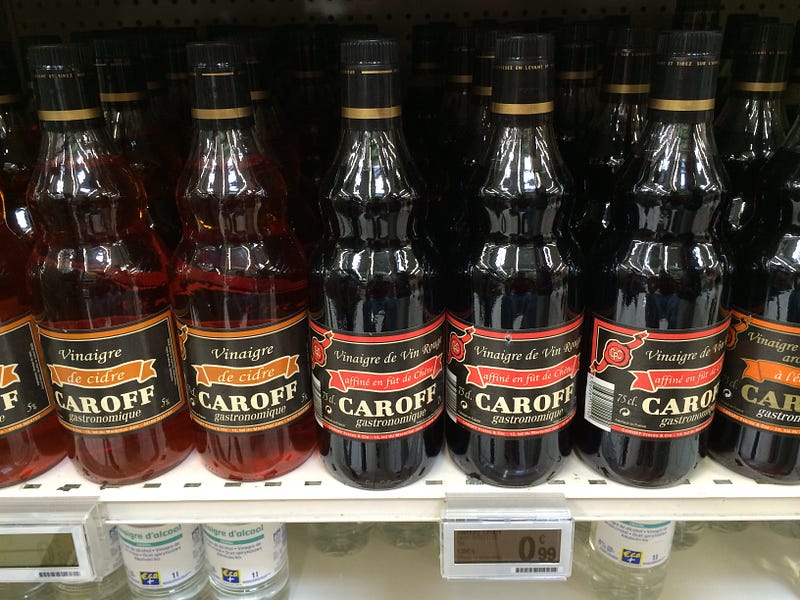
Holy sh*t, I turned 40…
2020 is a crazy year for me, my family, my loved ones, my teammates, everyone. It is not yet finished that it outperforms all the other years that I have known. 2020 is also a symbolic year for me. I was born in 1980 in Brest, France. 20 years old in 2000 and, therefore 40 years old in 2020. I thus felt the desire, the need to write down what I have experienced and did during these 18 short years of work. I get embarrassed talking about myself in public but, as anyone out there, my story can inspire you to get where you want to go. You will tell me, “it’s okay, but it’s your life, and that probably only interests you or your loved ones”. You are not necessarily wrong, and you have the right not to read this blog post for sure. Otherwise, if my professional background intrigues you, I’ve got to start with what inspired me and what motivated me early on.
1980–2002: the beginning
Let’s start from the beginning. I was born in Brest in March 1980 from teacher parents who have never divorced and a little sister who arrived 3 years later. In my first years, I’ll skip it, or at least minimal flashback. I have memories of a farm-kid who helps his father or grandmother, who goes to play with ducks or bees (bad idea), or stacked wood for the winter. A simple, calm, and natural life, let’s say somewhat healthy. My parents, professors of mathematics and physics in the middle-schools, always pushed me to go as far as possible and always try. As my mother says
If we don’t try, we won’t know
Between eight and ten years old, my biggest hobby was fiddling in electronics devices to see how they worked. I disassembled quickly, but I was unable to reassemble. So I put a lot of components in the trash.
At that time, we only had the radio at home. No phone, no television. One day my mother brought a Philips computer back home. This was one of my first personal computers, I was 12 years old. This computer was, without a phone or television, a huge hobby which fascinated me. I started spending hours playing the dead-tailed snake game and then discovered that I could develop things myself. Magical and this magic, I still feel it today. So I started programming small things for the pleasure and my first “Hello World”. It was also at this time that I knew what I wanted to do when I grew up. After this computer, there was a commodore and, later on, an assembled computer with Windows 95. At 16 years old, I discovered another hobby with turntables mixing and put IT aside.
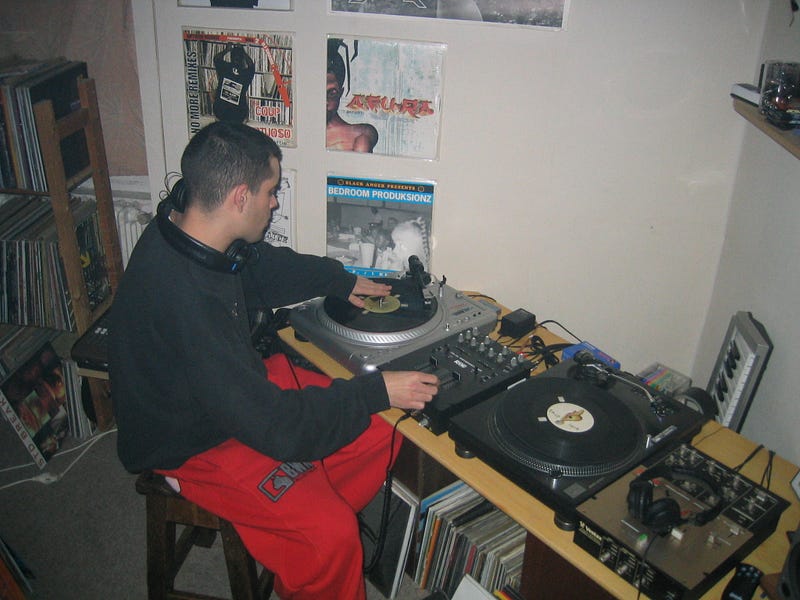
I spent a lot of time and money as well, scratching and mixing good rap music. What I loved was the complexity and different techniques such as flare or cut.
As part of a course orientation, I went to university and tried to get myself into technical studies. Once my Electrotechnical diploma was obtained, I continued towards IUT at Brest. I finally arrived in the IT world with a mix of IT and electronics. The IUT was not a great success, and yet, I stopped after one year. It was so tricky that I mostly ignored all that so I paid attention just enough to keep my head above water. The studies were too theoretical and so far from the practice. So I moved again to Electrotechnical, which was the right choice. I was able to understand the methods and succeed in obtaining the diploma.
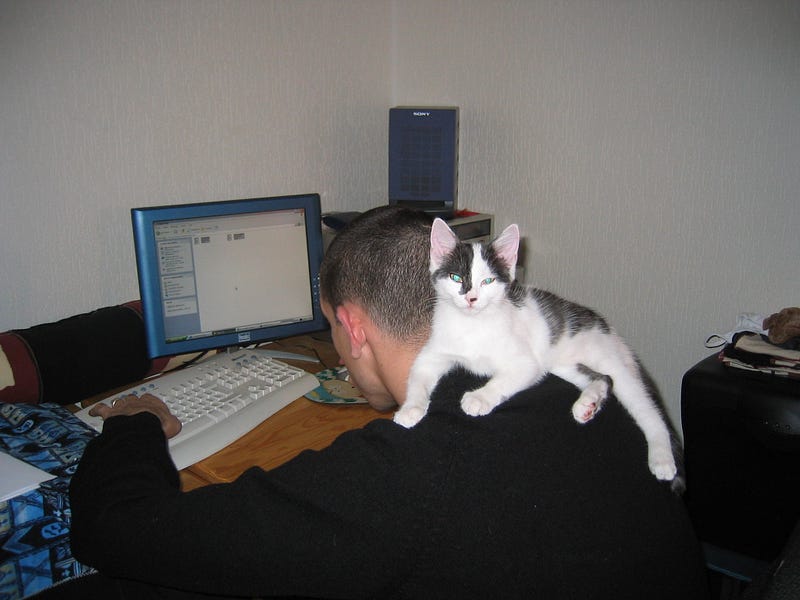
I enjoyed manipulating engines and electronic cards. I saw the service that a machine could render to humans, and it fascinated me. I was also able to follow the beginning of the internet in 2000. I browsed websites, downloaded music or software, discovered Linux, started coding, and so on. During these duties, we had projects to design and lead a diesel engine test bench. In this context, I enjoyed developing and build an interface card with a graphic display. The interface was thoroughly done under the Labview design platform and development environment of National Instruments; the creation of the electronic acquisition card and its implementation has been done with a group of 3 people, including me. My internship was done at Arsenal, Brest with a project around the GPS for the submarine.
After graduation and wanting to work in an IT company, I joined the ESICOM course in Saint-Malo. 90% of our time was devoted to developing, the rest of the training was English and communication.
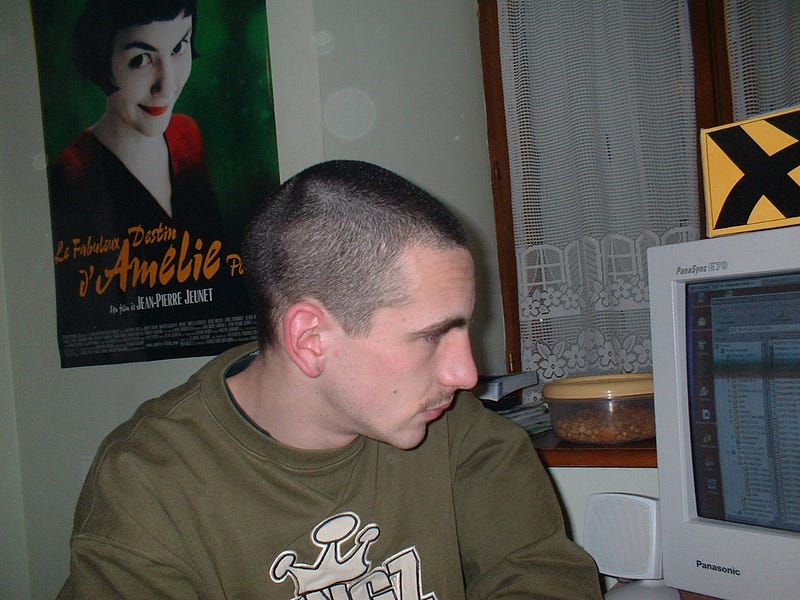
I was trained mainly in the UML, Java, and C++ development languages that I had started to look at in IUT and BTS. I also discovered Unix systems and networks, as well as databases such as Access or MySQL. My internship was performed at the radar of Brittany, built-in 1968, and located at Loperhet. As the Brest Arsenal, the radar of Brittany is controlled by the national defense with soldiers at the entry. The radar of Brittany performs air traffic control, both military and civil. The department aimed to remove repetitive tasks and create decision-making tools by combining the flight plan processing system with radar information. I joined the team to develop an incident management application.
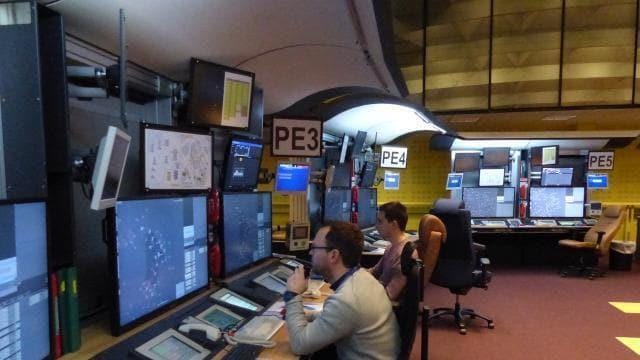
My first real developer experience was totally oriented towards open sources such as Linux and Perl. I discovered the world of Open source, thanks to this internship and the Linux manpage, and I was impressed. I discovered the richness that creates the code opening, the usage that can be made of it. I started a mock-up that I showed to my manager. Once validated, I was time to develop the application. It was like an intranet system with Linux, Perl, a PostgreSQL database, and an Apache webserver. The user interface was super poor, really, but the application was functional and considered as over by my manager. After this internship and the diploma in my pocket, I started looking for a job in the private sector.
2002–2007: being developer
From my first interviews, I was confronted with my lack of experience in the IT field. I didn’t get a job in IT despite my fresh diploma, and as the weeks passed, so did my money. I got a job to cut metal plates for trailer construction and did it for a few months. I learned from a friend the existence of government assistance proposed by the “Chambre de Commerce et d’Industrie”. This assistance allowed a paid internship in a private company, up to six months maximum, and funded by the region of Brittany for 400€ per month. I was fortunate to join the Sofibra hotel group in this context, and today renamed Oceania Hotel. The purpose of my 6 months internship was to create a customer relationship management system. My manager wanted to unify information in a single point for sales, executive teams, etc…
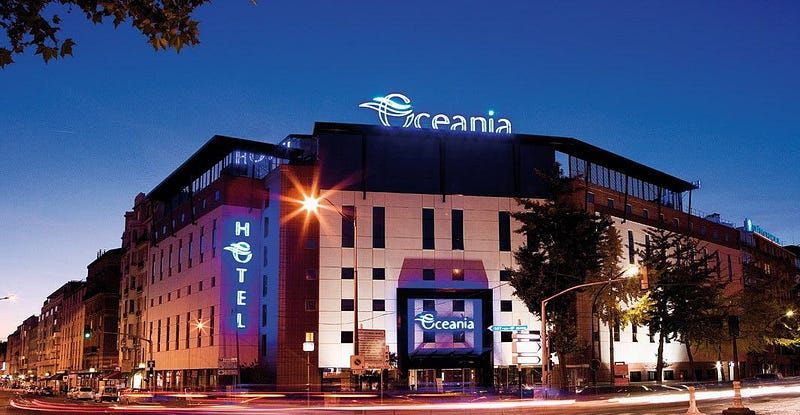
Each hotel had its own local database under the same Unix system: SCO. It was a matter of retrieving their data and inserting it into a database to produce statistics with a nice user interface. I made this platform in three months instead of the six originally planned, demonstrated to the company my motivation and adaptability. It was a tough month as I worked night and day.
Next to this application, I defined a new technical architecture that I submitted to my manager. Once my proposal got accepted, I rushed to have something up and running. I had the chance to order a mini data center with new servers under Linux, network routers or switch, and so on. It was such fun but I was missing a crucial point, communication. This redesign had a global impact and involved everyone in the company of 400 people. I have been confronted with the work habits of my teammates, and the lack of communication and technical knowledge. Every problem or blocking point was an opportunity to move forward and better understand their concerns. I learned that we should not enforce but suggest, communication is key. Six months later, the company’s information system was transformed and the new application was highly appreciated by people. They ended up offering me a long-term contract as a developer analyst which I immediately accepted.
During my years in the Oceania group, I learned a lot and multiplied various tasks. I maintained the CRM to follow features requests, performed troubleshooting, and support users. I did not know how to refuse a request which led me to be sometimes overwhelmed. In fact, I was overwhelmed and alone in the service with my manager. I made through those big changes, a real improvement of the information system but at the same time, I added more complexity than before. I introduced new technology at that time, PLC (Power-line communication), or created a paid Wi-Fi hotspot for hotels. Funny story, it was also my first on-call for a company where I got paid by pizza. I keep in memory very beautiful memories in and with the hotels' restaurants and a very friendly company.
In 2005, I got married and a few years later, I left the company. I had little chance of evolution. Above all, I wanted to evolve my professional experiences. I was approached by software vendor Zindep who recruited me as a programmer analyst. It was a fully remote position and I liked this idea of working from home. In the long run, I saw the advantages such as autonomy and disadvantages as well for this new way of work. I can mention loneliness during the day or lack of social interaction with my team. At this time, I was not helped or led to work remotely, so I made all the mistakes: working day and night, waking up at 11 am, didn’t interact with my teammates on daily basis, …etc. I suffered from this situation and had a discussion with my manager. We decided to multiply workshops, face to face interactions, and external missions that have pushed up me overall.

Following this change, I could make a complete Linux migration for the Nouvel Observateur in 2 days in Paris, deployed the company products to various and different customers, or trained during few weeks students at the AFPI Rennes (Association de Formation Professionnelle de l’Industrie). I evolved a lot with Zindep but decided to leave them to join a new company in a new city: Paris.
2007–2014: the financial world
I started as an operations analyst for ProCapital company. I was a contractor under a consulting agency. The atmosphere is electric and ultra-dynamic, my first time close to the trading desk.
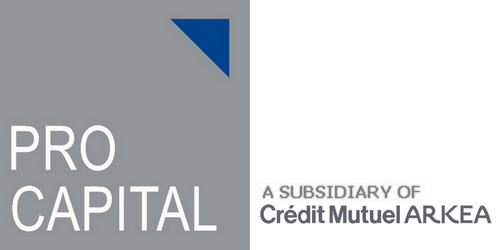
Operations analyst is the first level in production and 6 months later, I evolved to become a production engineer. All was new, I didn’t know the finance field and production environment for a banking company, I was a real newbie. The confidence that my manager gave me, allowed me to get comfortable in my duties and he pushed me hard, straight to the point. Our environment was the front, back and middle office and our job were to ensure operations and fix issues in production. In the first months, I was just allowed to check operations with a simple OK or NOT OK. In case of errors, I was permitted to investigate, no more, then hand over to a production engineer. Once I evolved, I was able to play with different types of operating systems (Linux RedHat, Unix Solaris/OpenVMS), new protocols (FIX Financial Information eXchange, and CFT Cross File Transfer), and programming languages (Perl, Php, Shell script).
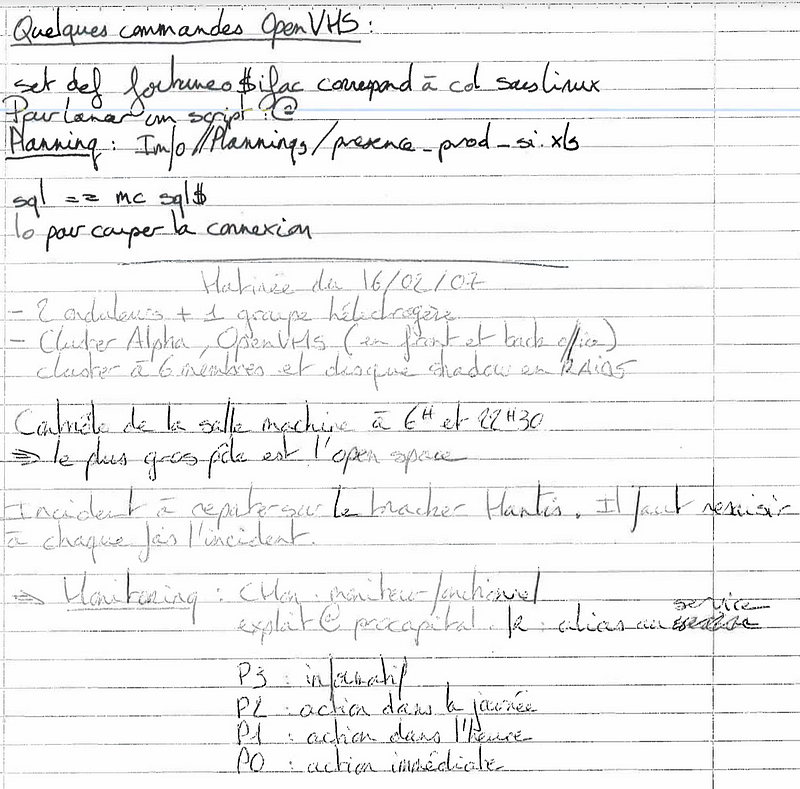
It had been agreed with ProCapital that after six months, I must be hired in-house but, in the meantime, the company was bought by the Credit Mutuel group. I then completed three months of additional missions, Credit Mutuel de Bretagne offered me a long term contract. I passed a psychological and technical test, and finally an interview with human resources. I then understood that my hiring meant going back to Brest when I had moved several months before. My salary was going down because my position did not match their salary expectations at Brest. I made the heavy decision to decline the position and contacted my agency company Xrays to find a new mission as soon as possible.
That’s how I arrived at B*Capital as again a contractor position for a new role: Commando. The commando, also called “local developer” provides support and fast development to Front-Office (Traders, Sales) and Middle-Office (Traders assistants, Sales assistants) users on different desks. In short, this is the role where you run everywhere around everyone in a trading room.

In a market hall surrounded by vigorous people from highly reputable schools, I started my mission. I felt slightly out of step with them, I came not to do their job but mine. I quickly overcame this feeling and I proved my place in the team. I remember taking 5 minutes to pass all security guards (digital print, badge, security lock) from my desk to the trading place. This was tiring to make a round trip along the day, honestly.
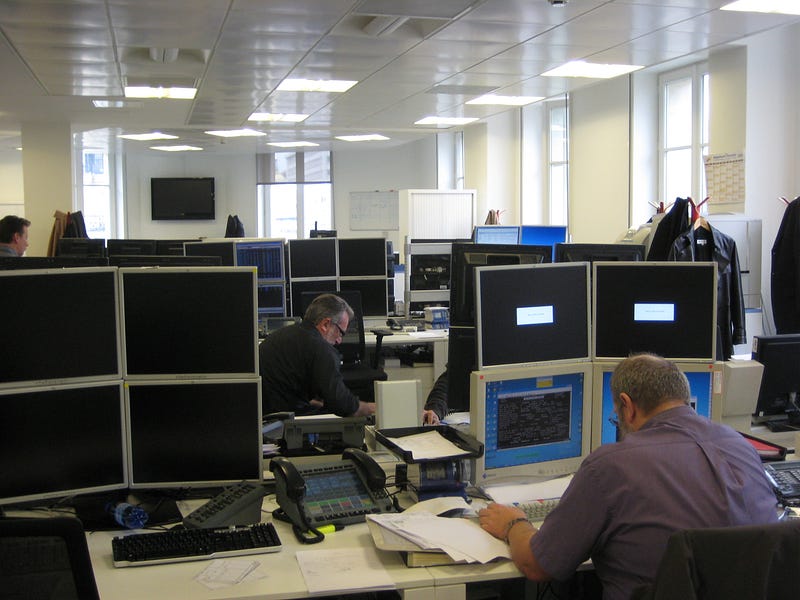
Being close to the trading desk, I learned finance but not only. I was a bit naive and never thought politics will be so present. I can now confirm that the case in the banking company. My position was cross-cutting between engineering and finance, I relied on my technical skills and got trained in financial tools. I was permitted to operate on the trading desk due to training on Bloomberg, Reuters, and a GLTrade certification course.
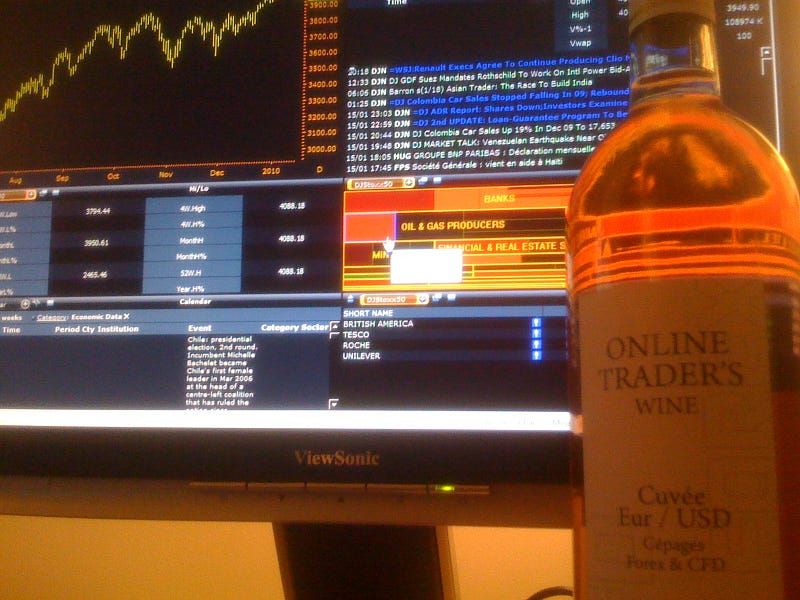
I continued to evolve, the team has doubled in two years, and I took the responsibility for 2 people. It was my first-time manager and father in 2009 with the coming of my son, what a slap…
An ex-colleague of ProCapital talked to me about an opportunity in his team and new company CACIB. It was a position with strong technical skills at a much higher level than I had experienced, and for an international company. This is one of my most impactful experience.

I joined a team of eight people as a production engineer. I managed portfolio production environments for various financial applications like Summit, Murex or Openlink. Our technical environment was composed of Windows, RedHat, or Solaris operating systems, Control-M for the application workflow orchestration, Java, Corba, Websphere, JBoss, Apache, Sybase, Oracle, Nagios, HP OpenView, …
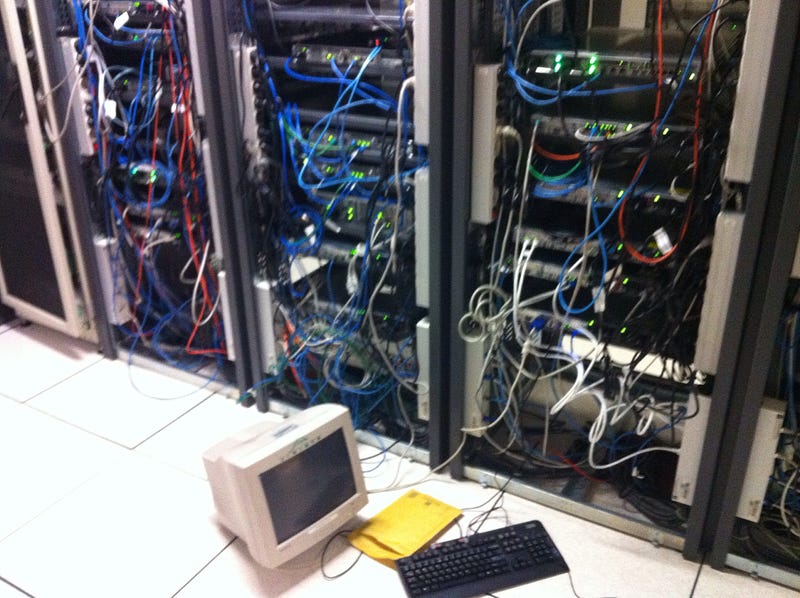
A few months after my first day, my manager commissioned me for an audit of the non-standardized Infinity application. He wanted to move it in production. During two weeks, I produced an audit that pointed out potential problems and I reassured the team of developers who feared that they would no longer be masters of their application. In the early days, I faced a withholding of information but with communication and honesty, I ended up getting their trust.
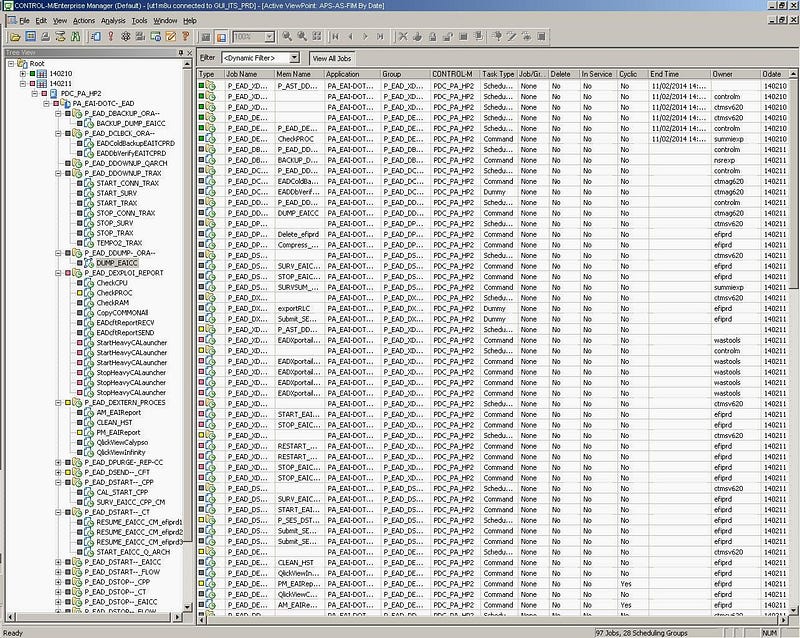
My manager left our team six months after my arrival to lead the new London team and I had a new manager who happened to be one of my colleagues in the Paris team. I agreed to be his assistant because our area was becoming more and more important. At this time, I took my first leadership role to the team. I managed issues, on-call, and schedule, attempted meetings, stepped in case of conflict, and so on. A tough period. I literally collapsed from work, added to baby bottles early in the morning with my little son.
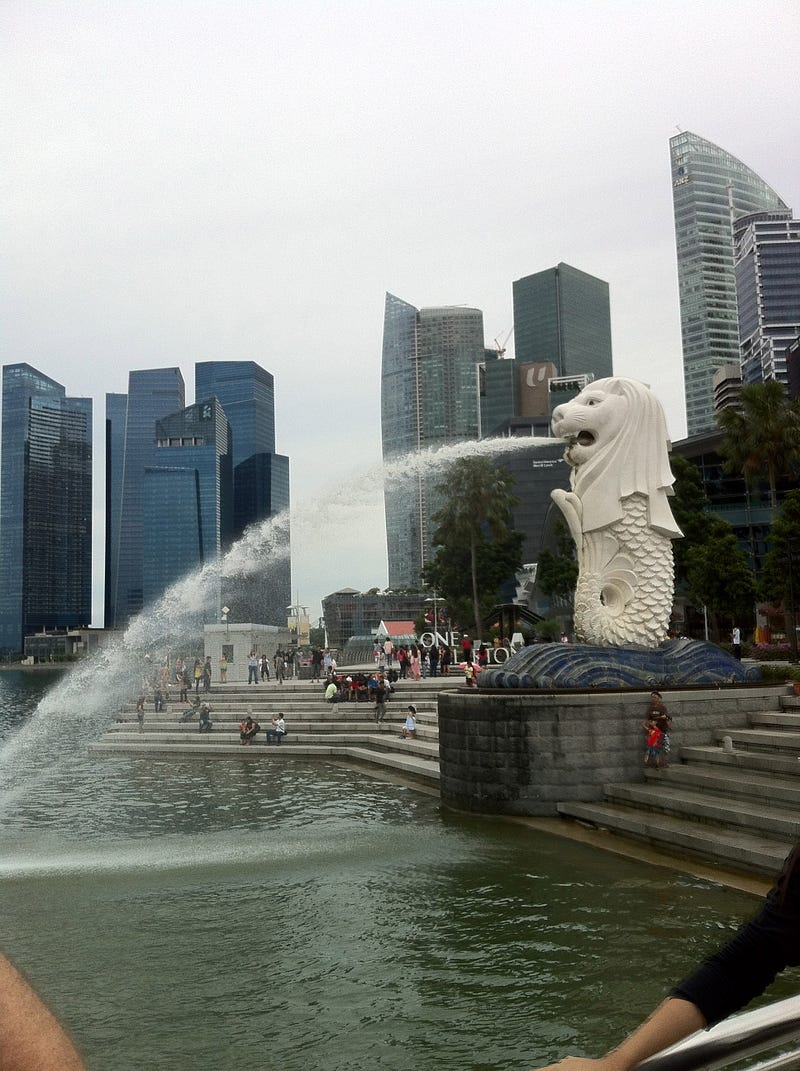
Close to the end of my mission, I experienced the relocation of the whole team to Singapore in addition to London and went train them on the spot for a month. These were several technical presentations to produce which helped to explain the job of a production engineer in the company. The training plan began with a presentation in the morning and practice in the afternoon. I gave small tests on concrete cases to motivate them in their new role and make them understand the actions they were asked to take. This experience was a real shock of cultures. I had apprehensions and discovered people who were highly skilled, and qualified.
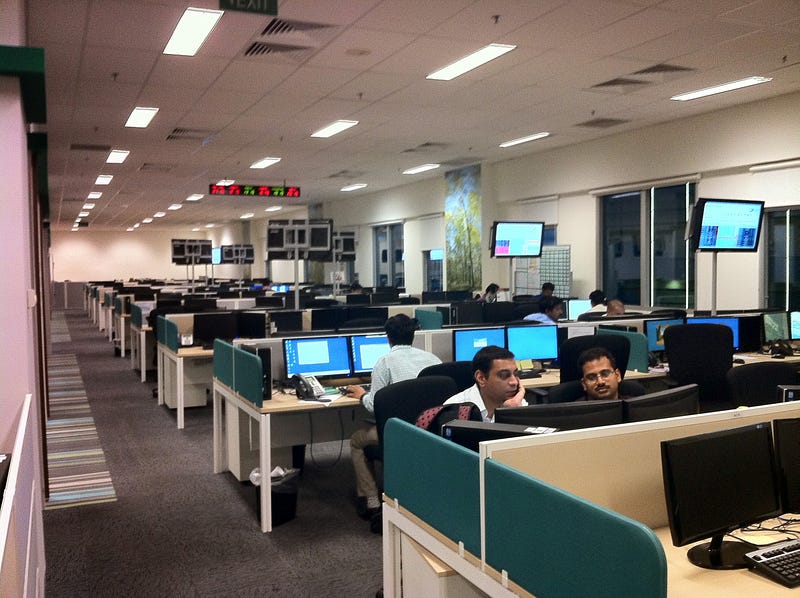
This mission was very strong, very rewarding from all points of view and it was difficult for me to leave the team and the group. I left CACIB due to the end of my three-year contract and joined the BPCE group as a contractor. My own contractor because in the meantime, I created my small consulting company. I took a new position as Project Manager. Second punch in my life, my second son arrived in 2012 and my family moved to Nantes.
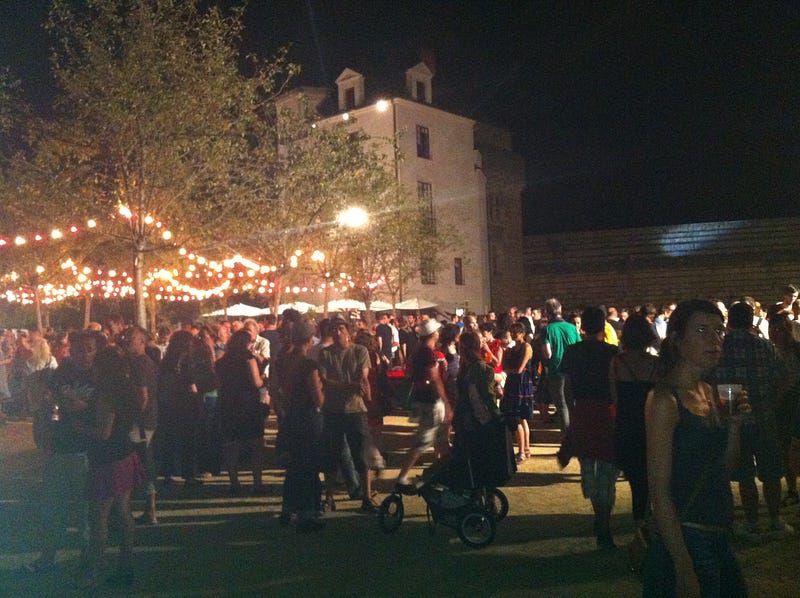
It was the beginning of a different life where I was between Paris and Nantes. The train every weekend…
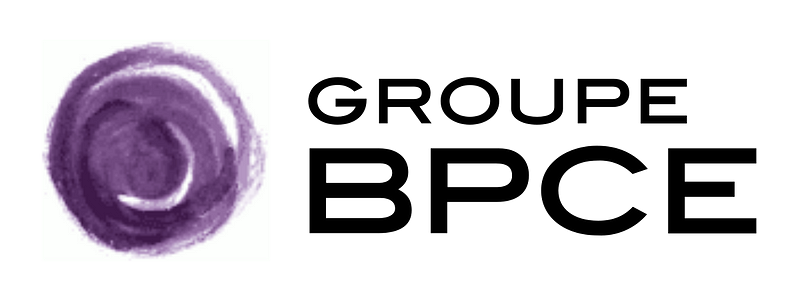
I manage a team of two engineers who make the link between production and development teams. Our technical environment was composed of RedHat Enterprise, Solaris, Sybase, Nagios, … and banking applications such as Arpson, Bloomberg, Reuters, Sixt Telekurs. I began this mission by providing recommendations that quickly enforced automation. I led a weekly team meeting which was an opportunity to show the next actions and blocking points we faced.
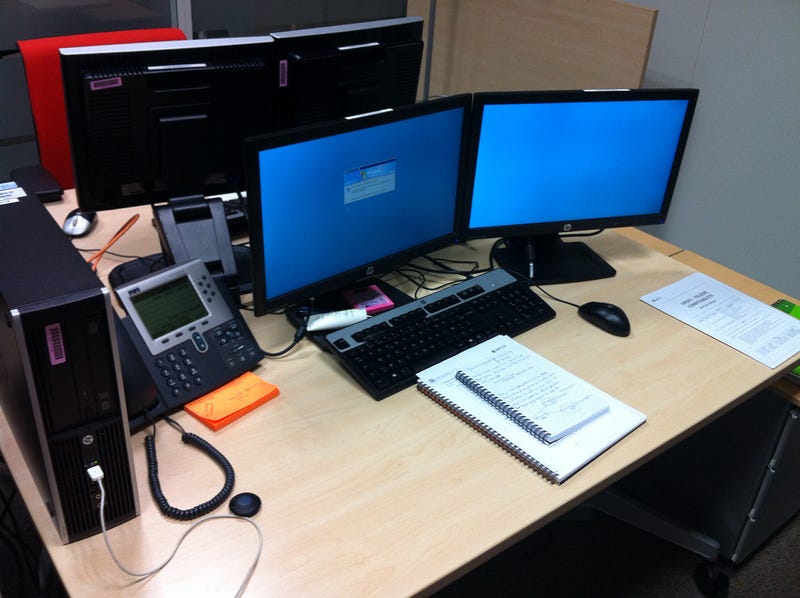
I started to take care of the OPEFI project, which was a huge transformation of the banking information system.
Extended over more than two years, this project was totally structuring for the group. At the end of the program, the FSC (Financial Services Center) will serve all financial data for the group. The beginning of 4 starts and stops in less than 2 years. This project was first stopped three months after my arrival. I took in the meantime responsibility for the DRP Disaster Recovery Plan which had not evolved in 6 years. From the beginning, I sought to simplify and unify the technical base, I used the possibilities that Citrix offered for remote access. The remote Citrix desktop was existing and already known from remote users.
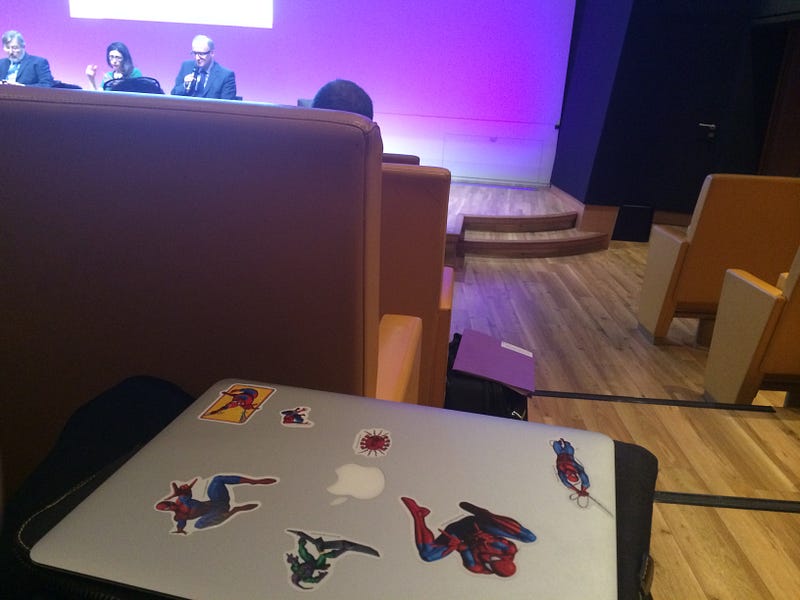
After a few months, the program management decided to relaunch the project. We were dedicated to succeed with all my teammates, mainly contractors. I wrote operational, technical, and strategic documents in collaboration with program management. It was so nice until a new stop. This had a strong impact on the teams in place, the majority recruited for this project were thanked. It was a shock to see 40+ people leaving the workspace in 1 hour. I was not concerned for obvious reasons, mainly due to my role outside the project such as DRP or operational activities.
Tired of these multiple shutdowns and the world of financial services as well, I decided to change and see what the booming startup world has to propose.
2014–2019: the startup world
So I took steps to integrate a startup. I quickly realized I was not evolving in the same world and, I might even have missed this new movement. They no longer spoke of contractors but a long-term career, out of numbers but about humans. I was impressed and angry with myself for not having been in this type of company before.

I discovered an escalation engineer position for Criteo by chance and applied without any real will. The company of 1000 people at this time scared me for obvious reasons. It seemed small, different, and therefore potentially not yet profitable. I was totally wrong. A call from a Criteo recruiter later and here I am, having interviews like drinking coffee. Finally, I had 4 interviews and they ended up offering me an offer that I accepted.
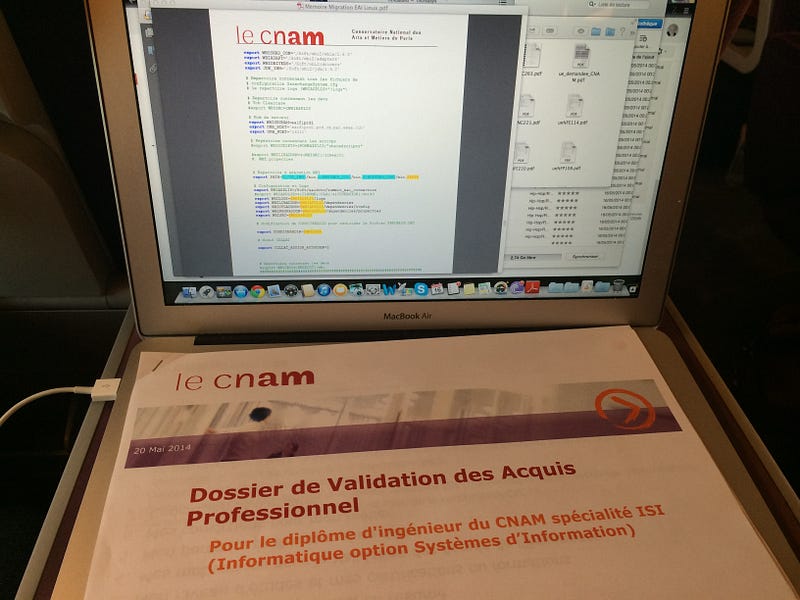
I wanted to take a step back to school during this period for many reasons, but the one that is most important to me is certainly the feeling of having left school too early or too quickly for personal reasons. Obtaining the title of computer engineer allowed me to recognize the evolution and skills that I have developed in my different experiences, to learn new things but above all it would help me to remove a feeling of guilt towards the people I see on a daily basis.
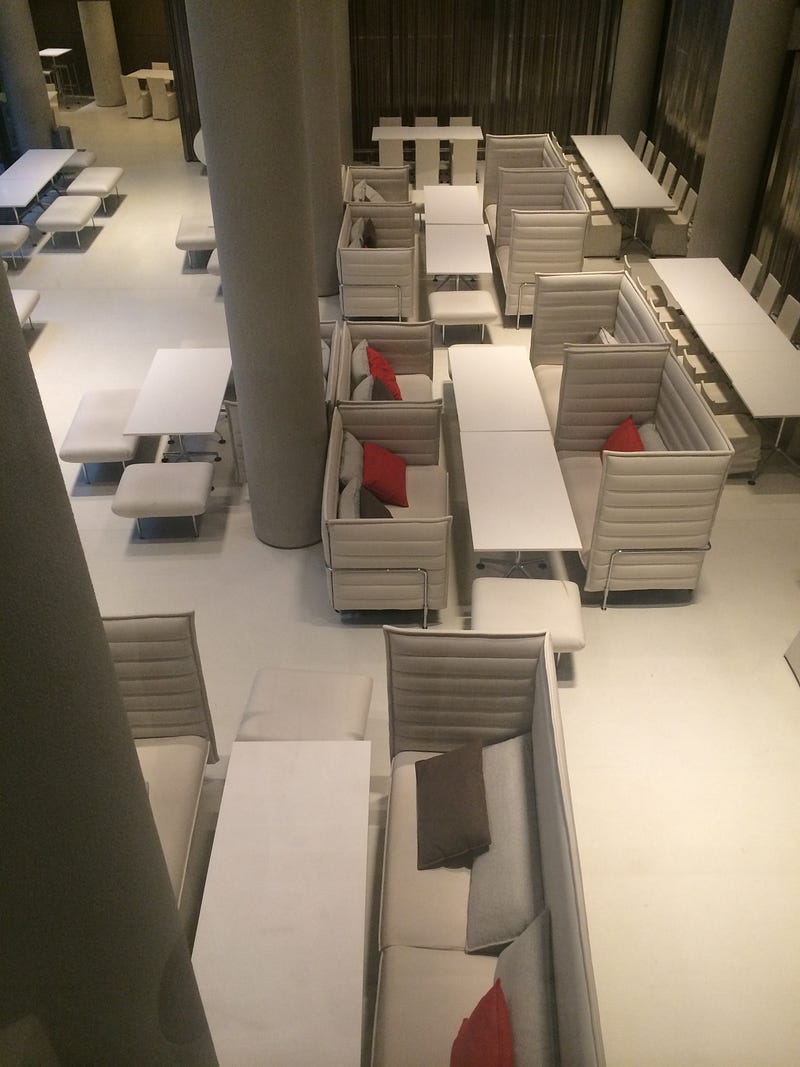
My first day was a total loss of reference. Nobody had a suit, everyone spoke to each other regardless of their hierarchical level. All were in a cool atmosphere but also very excited (they had just come out of an IPO). I started by being an engineer and then 6 months later in charge of the Escalation team. Our job could be summed up in 3 words: release, configuration, and incidents. Incidents were really our core business for the entire platform which had more than 200 different applications at the time. I discovered domains that I did not know such as SRE, analytics, or big data, and technologies such as Hadoop, Couchbase, Redis, Mesos, Kafka, Cassandra, … With 15 data centers across US, EU, APAC, one of the most important Hadoop cluster with 1.5PB in Europe, millions of users, 10ms on average to select optimal ads campaign, a product catalog of hundreds of millions, the profitability as well as the new customers were crazy. We took a wave and we had to hold it.
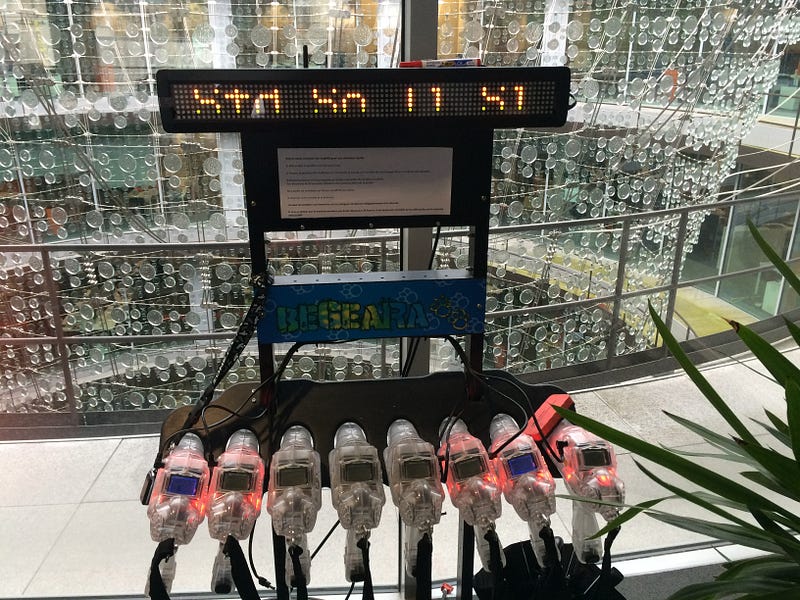
The Escalation team was therefore often in the spotlight and I had taken on the role of on-call duty. I was able to put into practice my knowledge acquired in banking on incident management and bring a little more serenity during serious events. I remember, for instance, one evening when I got out of work, I arrived home, I put my things down, they called me.
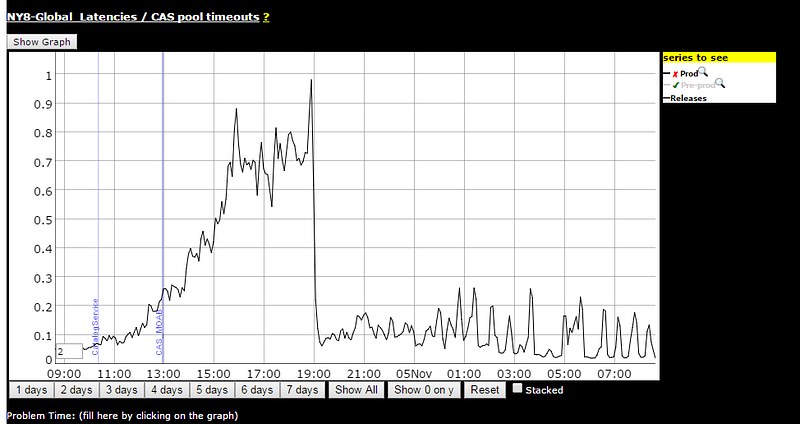
An incident that I had never been confronted with but extremely serious. We sold our ads too well, so well that we were doing x10 in terms of average impressions, in short, 10x money spend. I took on the role of Incident Commander and started calling everyone in the company who could help mitigate the issue. The first call was around 7 p.m., 2 hours later we were almost 40 people on Zoom. No one has understood what was happening. We tried to mitigate the issue without success during hours, to find the root cause of methodologically and organized to doing well. At 2 am, we were around thirty people and we started to let some of them go to sleep. This incident could not be resolved and I went to the bedroom around 4 a.m. with the anxiety of not having succeeded. When I woke up at 8 am, the incident was still on-going. We were able to reach someone who could potentially help. He found the problem in 10 minutes, deactivated the bad configuration, the problem was solved. Crying moments.
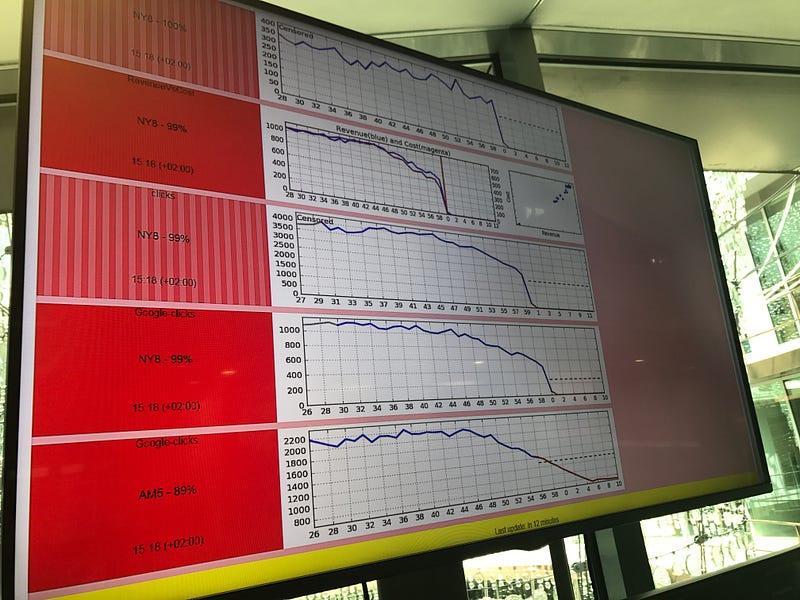
A second incident also struck me which was a data center in the US. The first message I got was “The DC is on fire”. We had to stop everything remotely in a short timeframe, bring in a local person from our team on-site, called every lead in the R&D, escalated and communicated properly every hour then step by step, restarted all servers and applications. This incident lasted all day. Precision, it was during a public holiday in France, and no need to say I didn’t like this kind of day off.
Looking back, Criteo was one of my strongest experiences, both people and technology. I was traveling every weekend between Paris and Nantes for years, which made me really tired. I wanted to leave the company and I find a job at Nantes; it was Smart Ad Server.
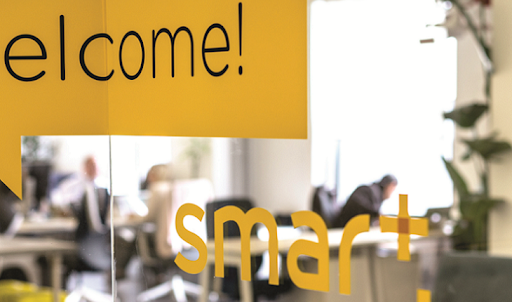
This experience at Smart was short but very rewarding. I was in charge of the SRE team and I was able to set up a few changes. I leveraged Slack for team communication and alerting notifications, removed non-productive agile meetings and promote new ones, promoted skill assessment and created internal training to reduce the bus factor, created new processes, and finally promoted an “on-demand” continuous delivery project with Kubernetes.
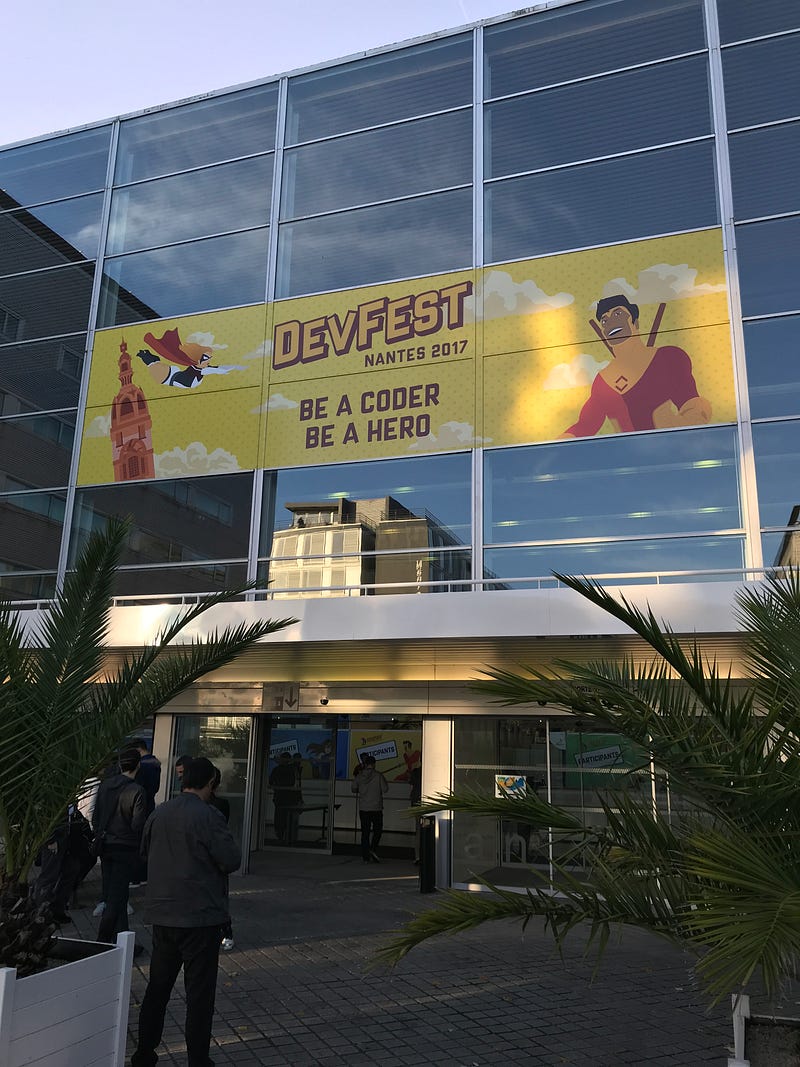
OVH was from my point of view the ideal company, where innovation and agility were the mottoes. I was, from the outside, impressed by the technical level and a loyal user 10 years ago. When they came to me for a role, I could not refuse. I thought so …

My OVH’s adventure began at the beginning of 2018 when they had just opened an office in Nantes. I started by spending many weeks in Roubaix during my integration. I found a different and fast-changing company, recruiting 1000 people in 1 year. It was crazy, too crazy actually to integrate so many people in such a short time. I started my first months by focusing on people management such as the implementation of 1o1s and giving a vision to the teams I managed. I then focused on project management which seemed to be improved. I wrote an article on the OVH blog to illustrate this project management with kickoff and common reviews.
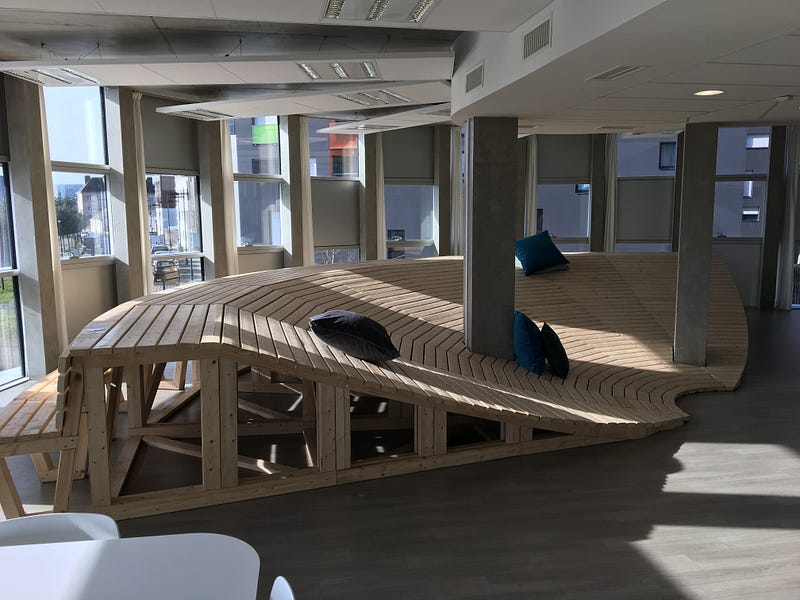
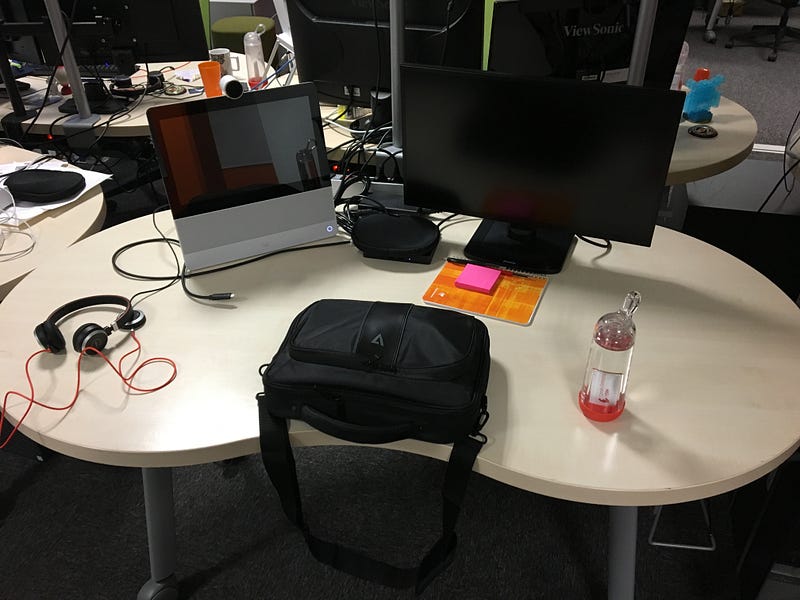
At the end of September, a call from a friend tech recruiter made me change to enter the world of video games with the company Voodoo; also added to a few disagreements with the OVH’s management.
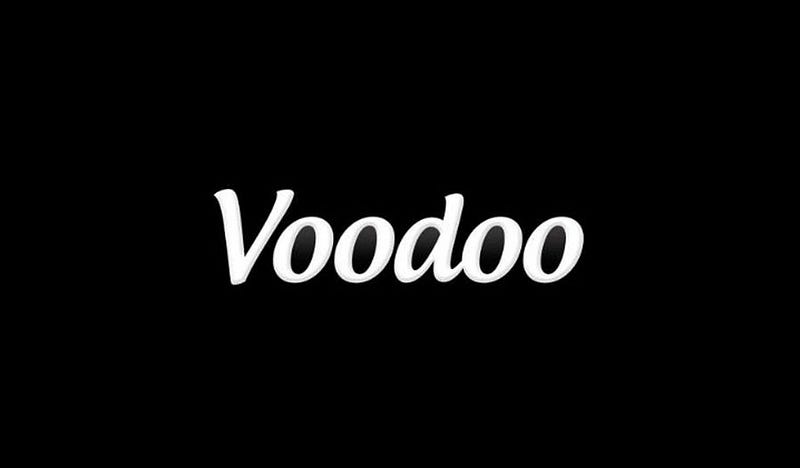
This Voodoo experience was short, my job was deleted once I got there. This was a difficult situation and also a situation where you can be the owner of your role. In these few months, I was able to help the team, propose ideas and concepts, one of which was taken upon the data. Then I was kindly asked to leave. The official reason given was “too high”, I would rephrase by “no fit”.
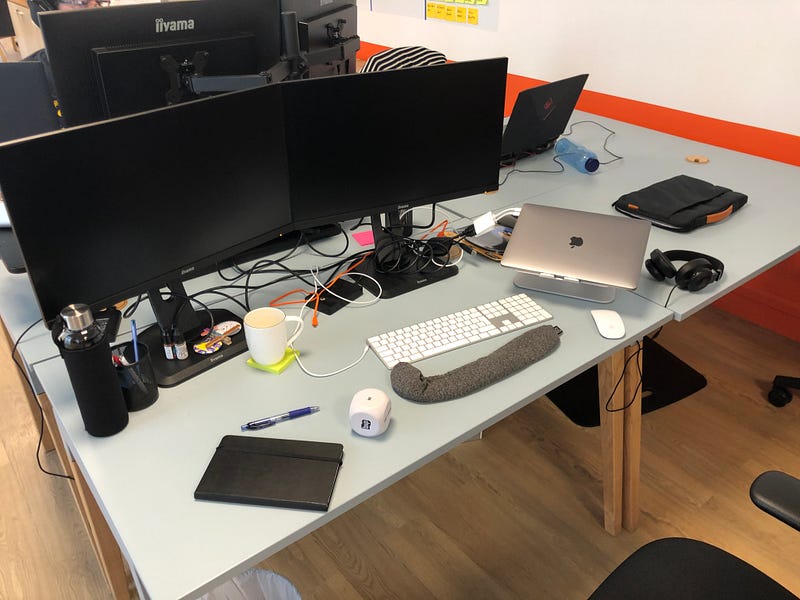
I came back to my Parisian apartment, the same evening I had a glass to drink with a tech founder. This beer in a bar to discuss tech, products, turned into a job interview for a startup that had just joined StationF on the Founders program.
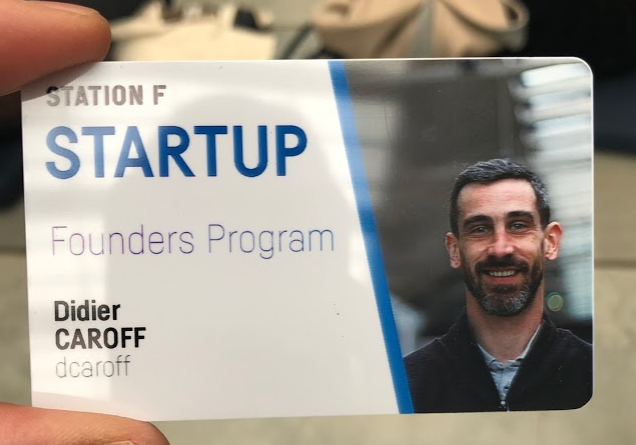
The aim of the product is to automate and ease every manual infrastructure task from the Github repositories to AWS production servers. We used the complete HashiCorp stack and Ruby on rails. So begins my coming to StationF in early 2019 and Grenoble city.
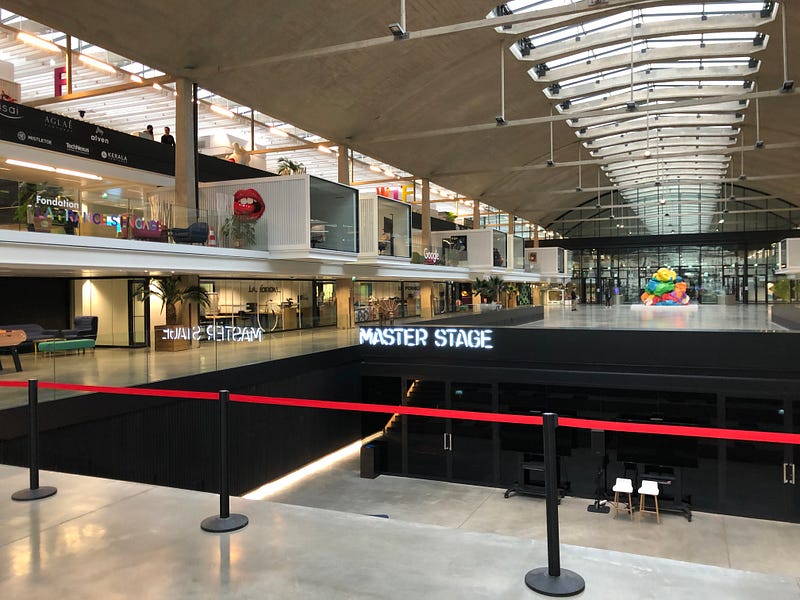
Unfortunately, this adventure was relatively short, with less than a year. A disagreement between 2 founders, the departure of the one who had hired me in the bar, a troubled future, and other problems killed all my motivations. So I started looking in my network and some websites for available job offers. In the meantime, I started to begin with a friend a new startup.
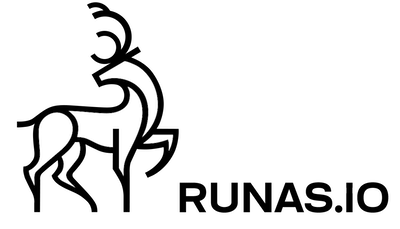
The idea of RunAs was to automate messages on social networks such as Buffer but with AI. We quickly realized that this idea was not the good one and then I came across a Nantes company that had contacted 4 years earlier: Akeneo.
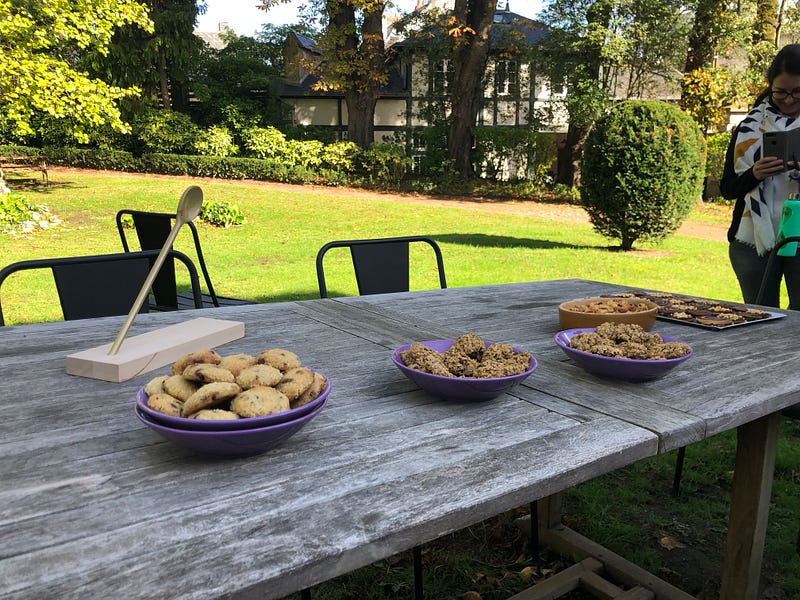
2019-and more: finally at Nantes
4 years ago, my profile did not match their current expectations. 4 years later, everything had changed and they had grown very strongly, going up from 20 to 200 people. They, therefore, offered an engineering manager position to manage their teams in Nantes. A few interviews, later on, I was hired.
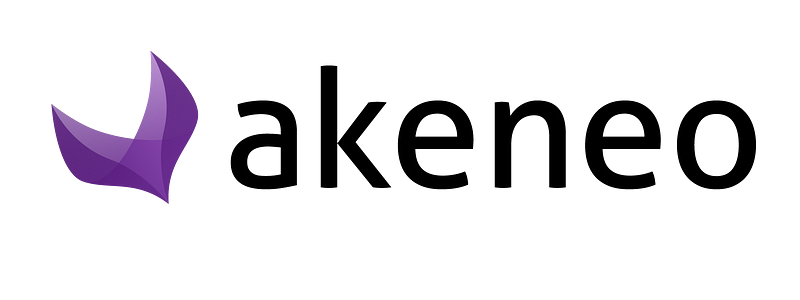
I started by being an engineering manager with 2 teams during the first months. In February 2020, a new challenge with an appointment to take over all the technical squads. The founders trust me, I intend to give it back a hundredfold, that my teams be happy and that we can achieve this virtuous circle where everyone finds pleasure in their work.
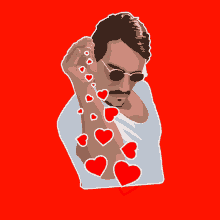
I retain from all these experiences and with hindsight, how lucky I was to participate in them, to have tremendous pleasure in them, and to continue to evolve in this profession. These different roles have given me something both technically and humanly each time. I don’t regret my failures as much as my successes and if I had to change something, well in fact I wouldn’t change anything. I would continue even if I no longer develop code to develop teams, people, and my best metric to know my impact is now the smile of the people I meet.
This is my own and unfinished professional experience, every experience is different, unique and this is always the beginning of a new adventure…

Thanks to my proofreaders: Camille, Paige, Manu, Simon, Mehdi, Matthieu, and more
